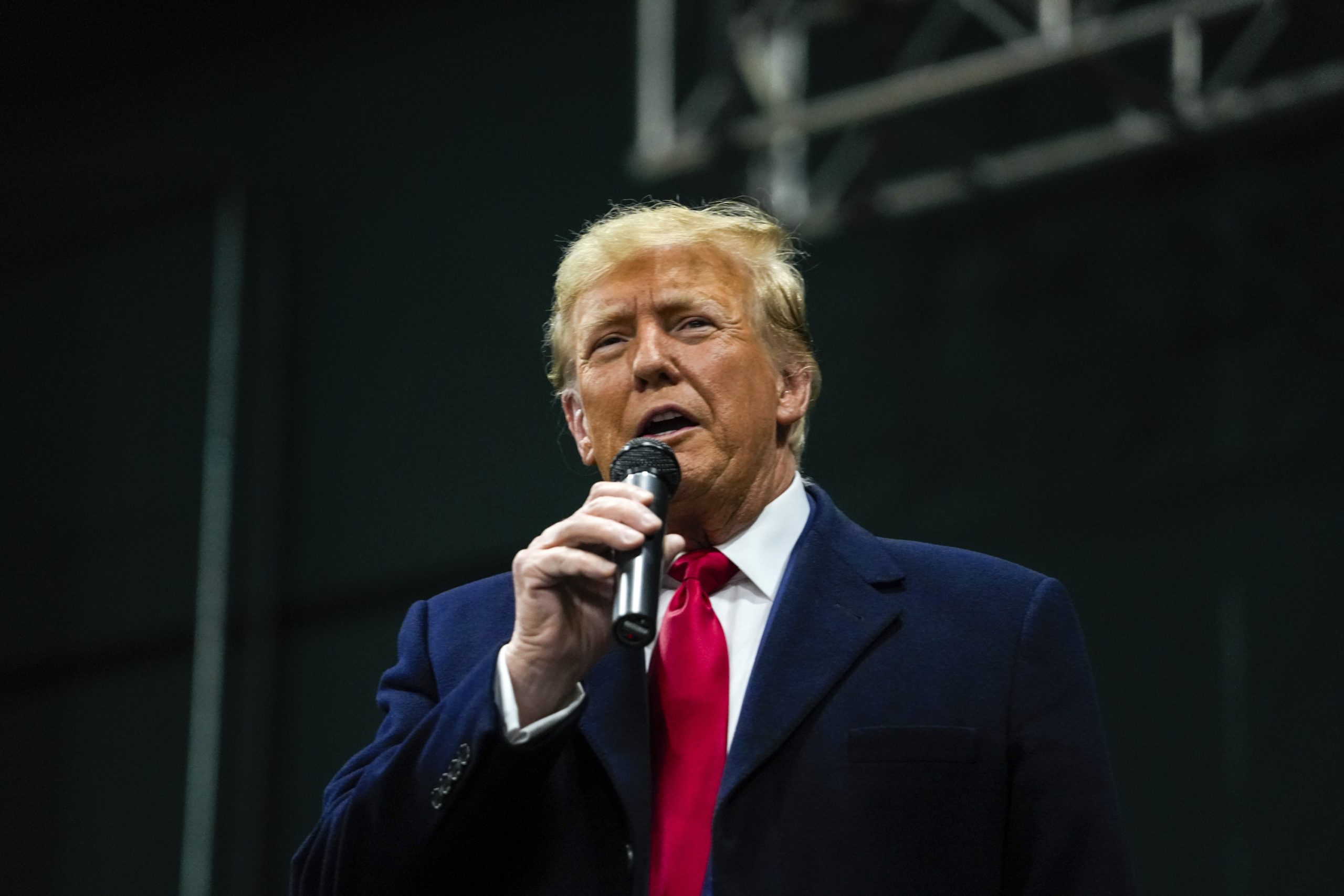
The Iowa Republican caucuses unfolded with Donald Trump securing a dominant position before the event commenced, leveraging his extensive support network developed over three presidential runs.
Approximately 70% of Iowans who caucused for Trump expressed unwavering support for the transformative “Make America Great Again” political movement, propelling him to victory and highlighting his growing influence in the state.
While contenders such as Florida Gov. Ron DeSantis, former South Carolina Gov. Nikki Haley, and biotech entrepreneur Vivek Ramaswamy aimed to build their coalitions, none could match the demographic advantages enjoyed by Trump in this inaugural presidential contest of the year. Ramaswamy has decided to suspend his campaign following a disappointing finish in the caucuses.
Trump’s strength was evident in small towns and rural communities, where the majority of caucusgoers reside. He garnered substantial support from white evangelical Christians, constituting nearly half of the caucus attendees, and excelled among those without a college degree.
However, a potential concern for Trump lies in the fact that many must-win states in the November general election are more urban, suburban, racially diverse, and have a higher percentage of college graduates than Iowa.
Key issues driving Trump’s success in Iowa were immigration and the economy. Caucusgoers prioritizing immigration overwhelmingly supported Trump, aligning with his hard-line stance. Similarly, those emphasizing the economy showed significant support for the former president.
Ron DeSantis secured a distant second place, primarily winning over conservatives who favored him over Haley, despite their primary allegiance to Trump. Haley, the preferred candidate for anti-Trump Republicans and those who voted for Biden in 2020, faced challenges in a state largely loyal to Trump.
Trump’s vulnerabilities include relative weakness in suburban areas and lower appeal among college graduates. Legal troubles, including multiple indictments in 2023, have not significantly damaged his standing among Republican voters, with only about one-quarter believing he has done something illegal in the pending cases.
Caucusgoers signaled a desire for a significant overhaul of the federal government, expressing exhaustion with perceived political norms and a lack of trust in government institutions. While the majority trust Iowa elections, a significant portion lacks confidence in the integrity of elections nationwide and the American legal system.